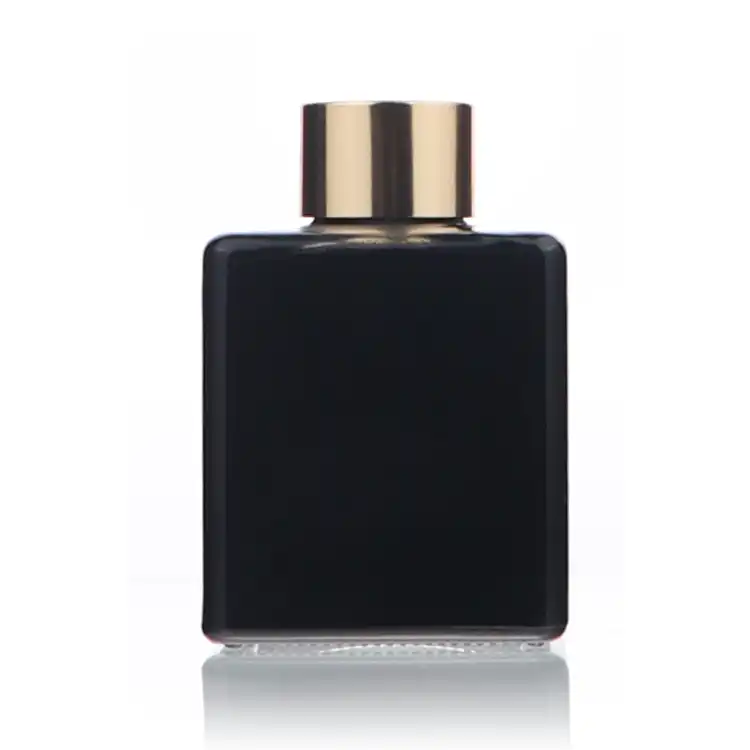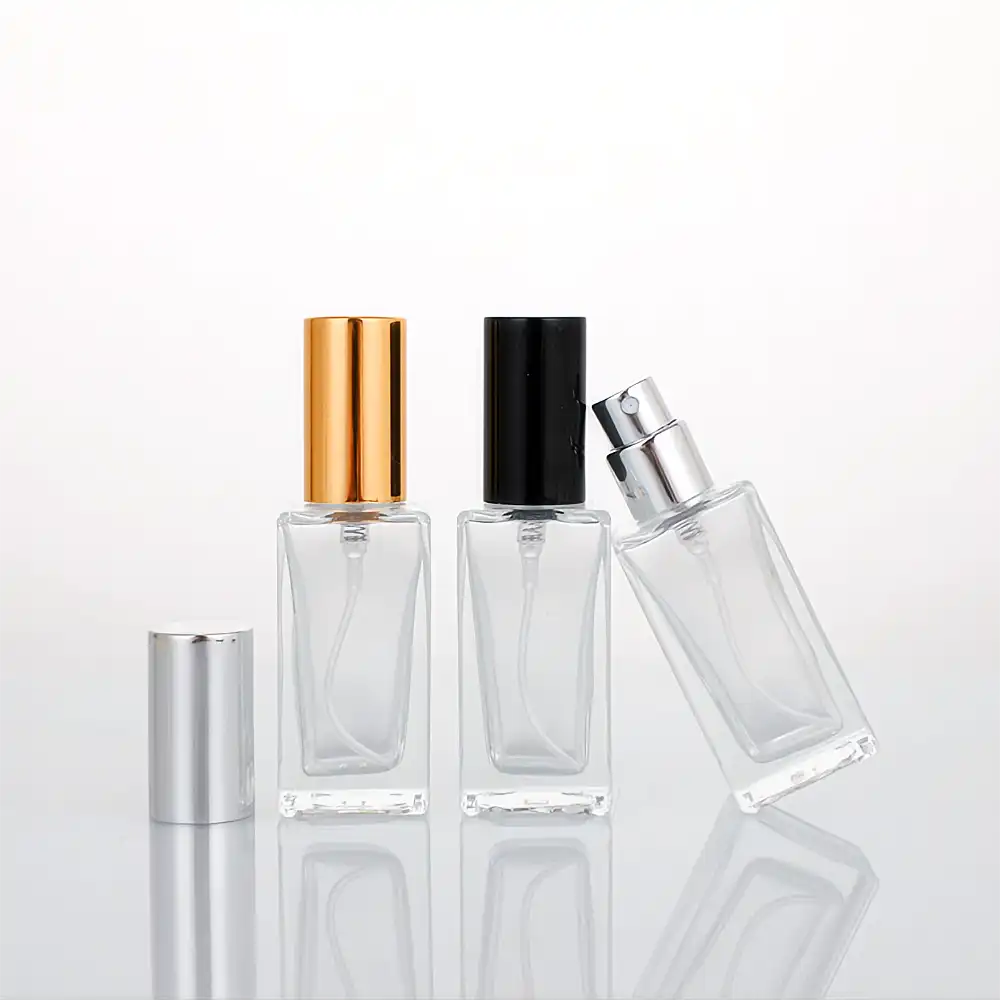El envasado de cosméticos desempeña un papel vital no sólo en la protección del producto, sino también en la mejora de su atractivo estético. Entre los diversos materiales de envasado disponibles, botellas de vidrio son muy apreciados en la industria cosmética por su aspecto de primera calidad, su respeto al medio ambiente y su durabilidad. A continuación se describen los aspectos esenciales de los frascos de vidrio para cosméticos que toda persona que trabaje en el sector de la belleza debería conocer.
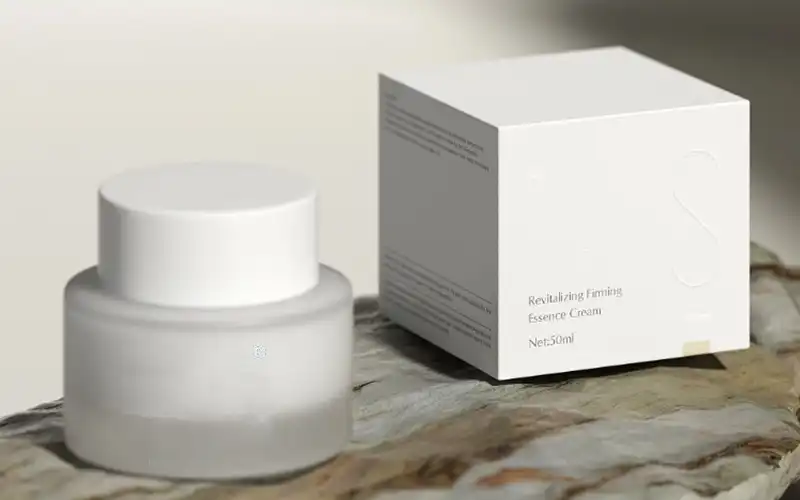
- Composición del material
Los frascos de vidrio para cosméticos suelen fabricarse con uno de estos dos tipos de vidrio:Vaso de Soda-Lima: El vidrio sódico-cálcico, el más utilizado para envases de cosméticos, es asequible, fácil de moldear y reciclable. Se utiliza mucho para artículos como lociones, cremas y fragancias.
Vidrio de borosilicato: Conocido por su mayor resistencia al calor y a los productos químicos, el vidrio de borosilicato es un material preferido para los productos cosméticos de lujo o especializados, ya que ofrece una mejor protección contra las fluctuaciones de temperatura y la degradación.
- Ventajas del vidrio en cosmética
Hay varias razones por las que el vidrio es una elección popular para los envases de cosméticos:Superficie no reactiva: El vidrio es inerte, lo que significa que no reacciona con los ingredientes de los productos de belleza, garantizando la estabilidad del producto a lo largo del tiempo. Por eso es una opción excelente para almacenar fórmulas sensibles, como sueros y aceites esenciales.
Preservación de la calidad del producto: El vidrio ofrece una barrera contra factores externos como la luz, el oxígeno y la humedad, que pueden degradar la calidad de los productos cosméticos.
Lujoso atractivo: El peso, la claridad y el suave acabado de los frascos de vidrio transmiten una sensación de lujo y calidad, razón por la cual las marcas de belleza de gama alta optan con frecuencia por los envases de vidrio.
- Tipos de frascos de vidrio en cosmética
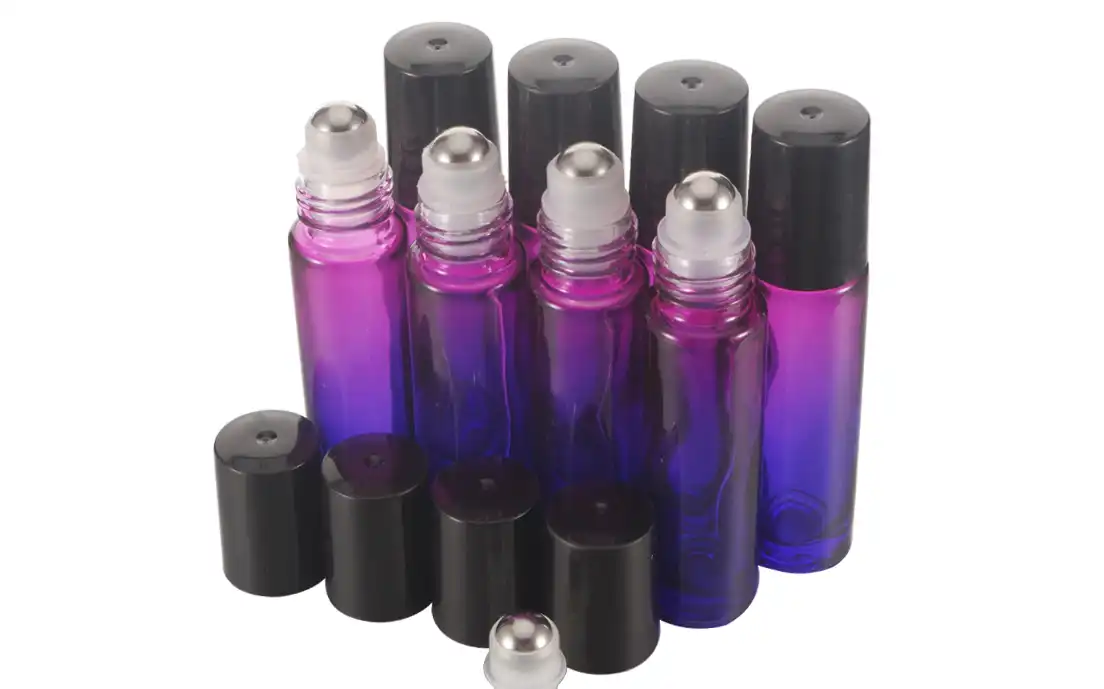
Cristal transparente: Transparente y elegante, el vidrio transparente se utiliza mucho para mostrar el color y la textura del producto, especialmente en perfumes, lociones y sueros.Cristal esmerilado: Esto da un aspecto más opaco y sofisticado y se utiliza a menudo para líneas de cuidado de la piel y cosméticos de gama alta. El vidrio esmerilado también ofrece protección adicional frente a la exposición a la luz.
Vidrio coloreado: Los frascos de vidrio oscuro o ámbar suelen utilizarse para productos sensibles a la luz, como los aceites esenciales y los productos antienvejecimiento. El vidrio coloreado ayuda a filtrar los rayos UV, preservando la eficacia del producto.
- Sostenibilidad e impacto ambiental
El vidrio está considerado uno de los materiales de envasado más ecológicos de la industria cosmética. Su reciclabilidad y durabilidad lo convierten en una opción sostenible para las marcas que dan prioridad a la responsabilidad medioambiental. Muchas empresas están optando por envases de vidrio rellenables para reducir los residuos y fomentar la reutilización, lo que refuerza aún más sus credenciales ecológicas.
- Técnicas decorativas
Las botellas de vidrio ofrecen numerosas posibilidades decorativas que mejoran la imagen de marca y el atractivo de las estanterías:Serigrafía: Esta técnica permite imprimir diseños vibrantes y duraderos directamente sobre la superficie del vidrio.
Grabado y gofrado: Estas técnicas crean texturas táctiles que aportan un aspecto y un tacto de primera calidad.
Recubrimientos metálicos: Pueden aplicarse tonos dorados, plateados o metálicos para dar a las botellas de vidrio un aspecto lujoso y exclusivo.Revestimientos metálicos: Pueden aplicarse tonos dorados, plateados o metálicos para dar a las botellas de vidrio un aspecto lujoso y exclusivo.
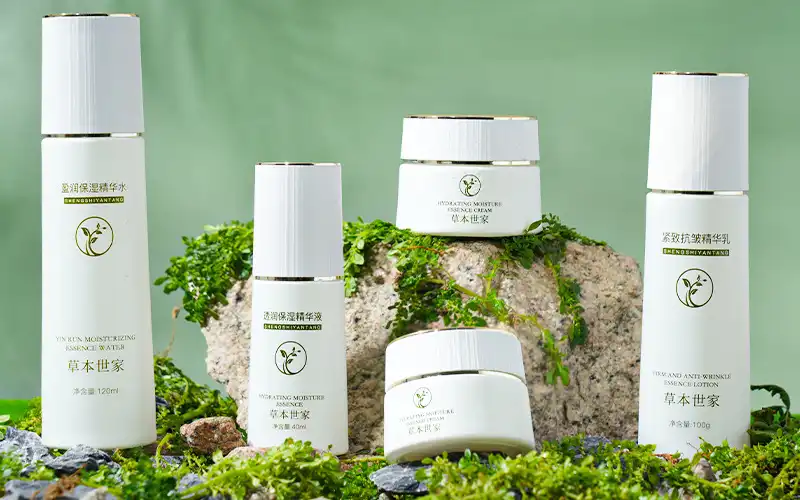
- Retos del envasado en vidrio
Aunque el vidrio es un material excelente para los cosméticos, presenta algunas dificultades:Fragilidad: El vidrio puede romperse o hacerse añicos si se cae, lo que preocupa a los clientes. Las marcas suelen compensarlo con envases protectores o cristales más gruesos.
Peso: Las botellas de vidrio son más pesadas que las de plástico, lo que puede aumentar los costes de transporte y resultar menos cómodo para los consumidores, sobre todo para los productos de tamaño de viaje.
- Conclusión
Los frascos de vidrio para cosméticos son algo más que simples envases; son un aspecto crucial de la imagen de una marca y de la conservación del producto. Al ofrecer un equilibrio entre sostenibilidad, elegancia y practicidad, el vidrio sigue siendo una opción de primer orden en el mundo de los envases cosméticos. Conocer los tipos, las ventajas y el potencial decorativo del vidrio puede ayudar a las marcas a tomar decisiones informadas que calen en los consumidores y eleven sus productos.Prestando atención tanto a la estética como a la funcionalidad, las marcas pueden aprovechar todo el potencial del vidrio para crear envases que protejan sus productos y mejoren la experiencia general del consumidor.

